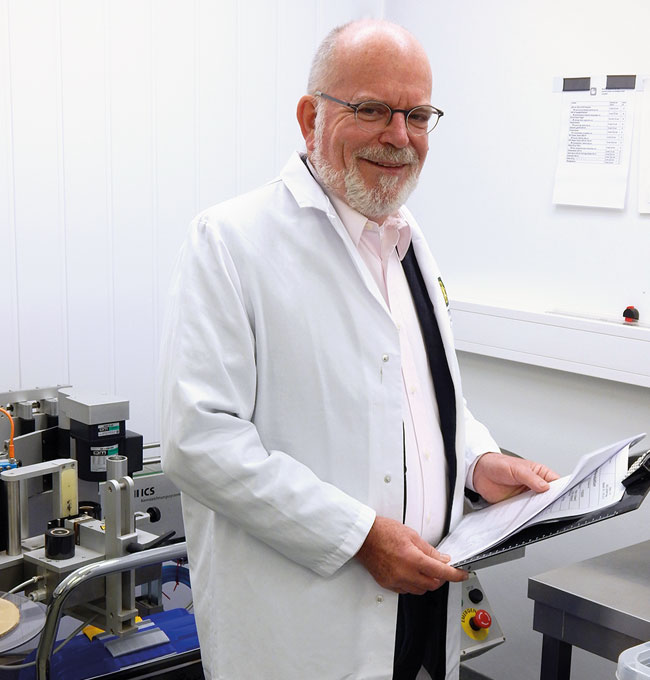Quality & Transparency


The majority of products offered by AyurVeda.World is produced AMLA Natur in Germany, now also joined by products from Maharishi AyurVeda and a number of other brands.
The quality of Amla’s products is its first priority; its specialty lies in its manufacture. This is where tradition meets modernity. In production rooms that were specially built for this purpose, products are handcrafted, processed, and bottled by experienced employees with love and dedication.
Ayurvedic oils, for example, are produced strictly according to the traditional rules of Ayurveda. At the same time, the hygiene standards of the food and cosmetics industry apply. Raw materials from Amla’s own imports are checked in batches by accredited laboratories.
In order to offer its customers the greatest possible security, Amla works according to a quality management system that is geared towards the import and processing of Indian/Ayurvedic herbal products. It is about a clearly structured concept according to HACCP with preventive measures to exclude risks that can arise during the production of food. The establishment and implementation of quality management, accompanied by an external food institute and checked by regular on-site visits by publicly appointed experts, certify consistent compliance with legal standards.
Amla sources its raw materials from facilities in India whose production is subject to the most stringent quality controls. These facilities have recently been approved by Maharishi AyurVeda USA to produce Maharishi AyurVeda products for the US.
Embedded in a park landscape, Amla’s campus is nestled amongst lawns and trees. Whoever opens their car door in the parking area is immediately greeted by the scent of Indian herbs and spices. The knowledgeable visitor knows immediately that he has arrived – at a place where Ayurveda is at home. An extensive range of Ayurveda products is shipped from here to all over Europe.
Ayurveda & AMLA Natur – Take 5 minutes for some video impressions of Amla's work for Ayurveda
[1] Hazard Analysis Critical Control Points (HACCP) is an internationally recognized method of identifying and managing food safety related risk and, when central to an active food safety program, can provide customers, the public, and regulatory agencies assurance that a food safety program is well managed. Through the application of the HACCP management system, food safety is addressed through the analysis and control of biological, chemical, and physical hazards from raw material production, procurement and handling, to manufacturing, distribution and consumption of the finished product.



